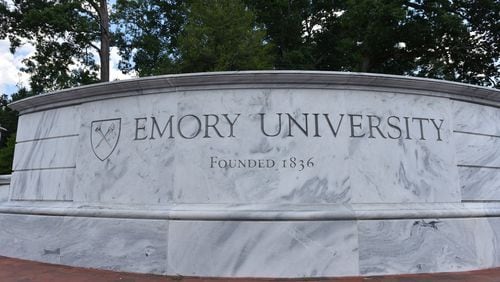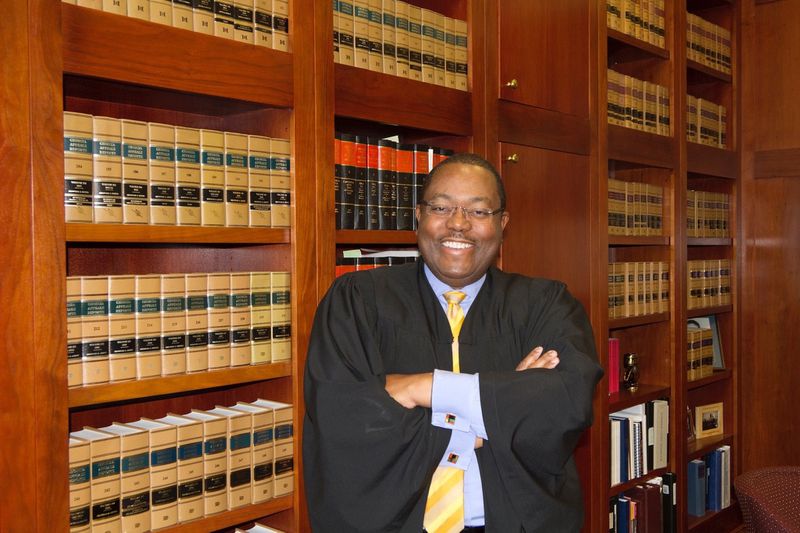Emory, the state’s largest private university which is often ranked as one of the nation’s best institutions of higher education, began nearly two centuries ago on land originally owned by indigenous people that was developed by enslaved labor.
University leaders are working to address that disturbing history and this week announced its latest efforts to reconcile with it. They’re renaming one building after a trailblazing Black judge who died last year, removing the name of a former university president who advocated for slavery and developing plans for twin memorials for its Atlanta and Oxford campuses to honor the labor of enslaved individuals who helped build the university.
Additionally, Emory said it will explore the adoption of an official land acknowledgment statement to recognize the university’s location on the homelands of the Muscogee (Creek) Nation. The Muscogees were forcibly removed from the land, and other indigenous groups were similar displaced by the U.S. government, during the 1830′s by what’s now called “the Trail of Tears.”
“By understanding our history and expanding the Emory story to include voices, perspectives, and contributions that were overlooked or silenced, we are creating a deeper understanding of who we are and all we can achieve as a university,” Emory President Gregory Fenves said in an email to the campus community.
Emory is one of many organizations across the country that embarked on self-reflective looks last year in the wake of nationwide protests demanding social justice and racial reconciliation. The University System of Georgia created an advisory group last summer to explore whether any of its buildings should be renamed. Their work is ongoing.
Emory’s recommendations came from groups of faculty, staff, students, trustees, and alumni created last year to review ways to address the university’s history. Emory has about 15,000 students, but its racial diversity is not reflective of the statewide population. About 8% of its students are Black. By contrast 32% of Georgia’s residents are Black.
Emory earlier this month held a Juneteenth ceremony in which it apologized to a Black medical school applicant who was denied admission in 1959 because of his race.
The university said Monday it will rename Language Hall on its Oxford College in Newton County in honor of Horace J. Johnson Jr., who helped integrate the county’s public school system as a fourth grader in the late 1960s and became the first Black Superior Court judge to serve in the Alcovy Judicial Circuit (comprised of Newton and Walton counties) in 2002. Johnson died last year.
Credit: Contributed
Credit: Contributed
Emory’s Longstreet-Means residence hall will be renamed Eagle Hall. Augustus Baldwin Longstreet, president of Emory College from 1839 to 1848, opposed abolition and strongly defended slavery and secession.
“It is inappropriate for his name to continue to be memorialized in a place of honor on our campus,” Fenves said in the email.








